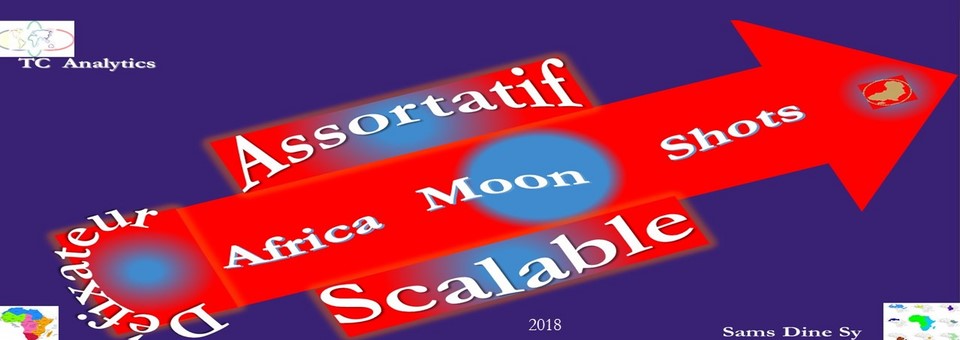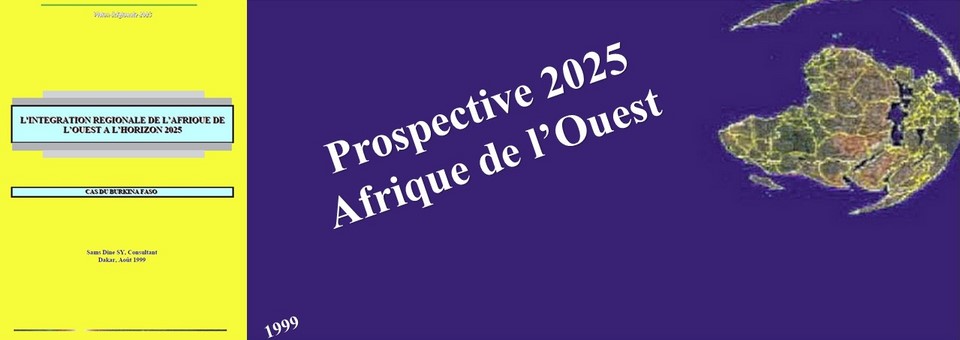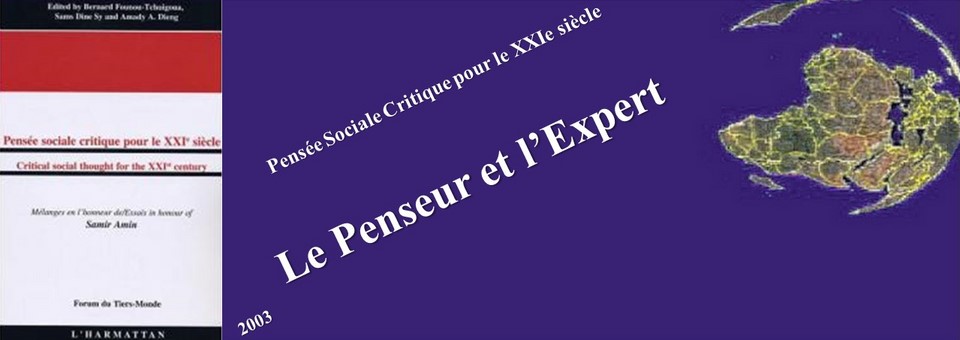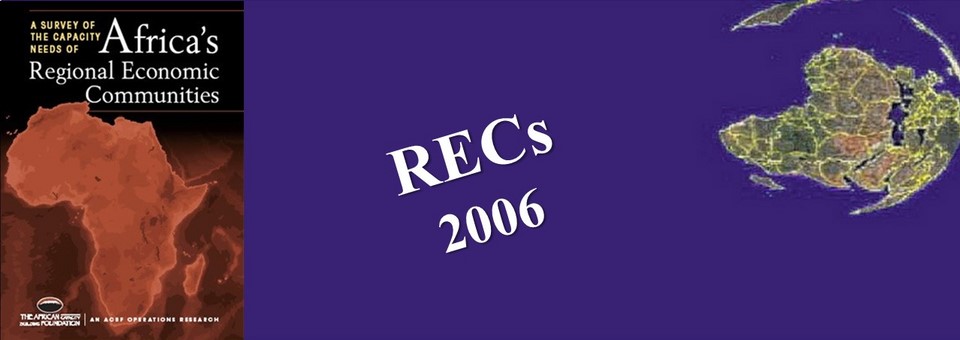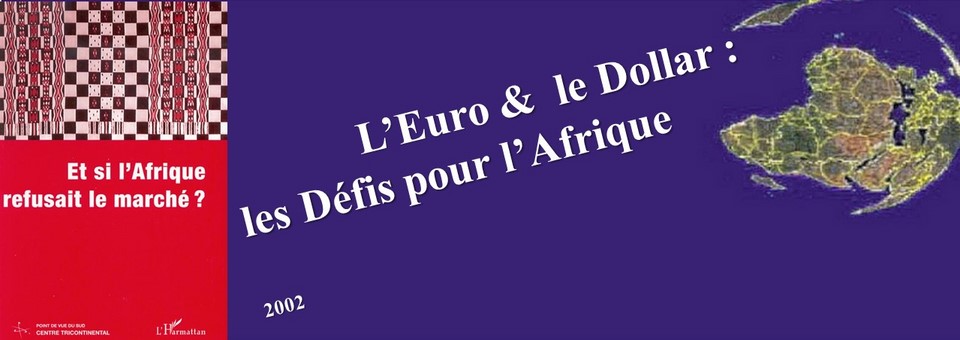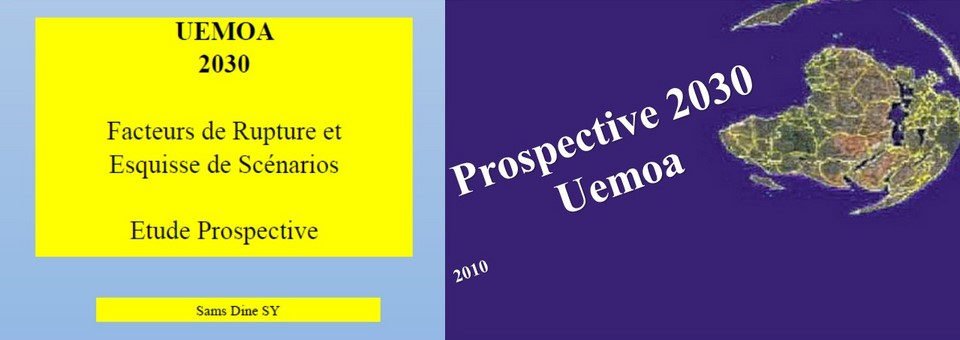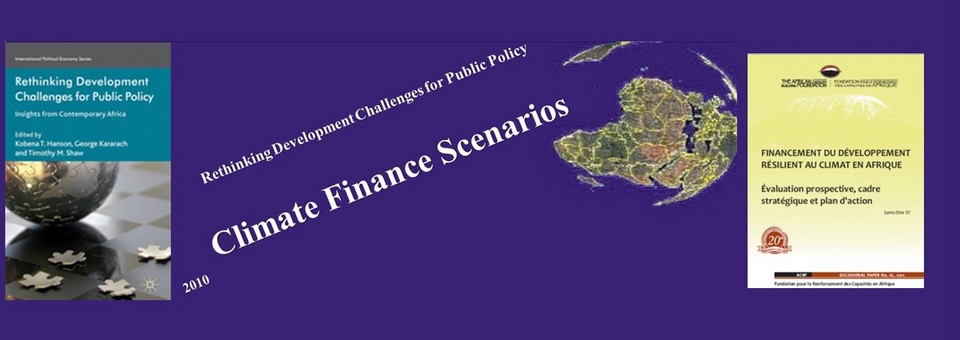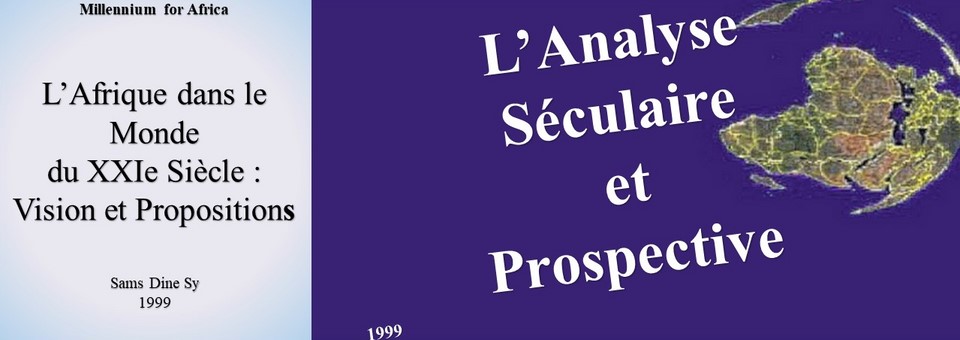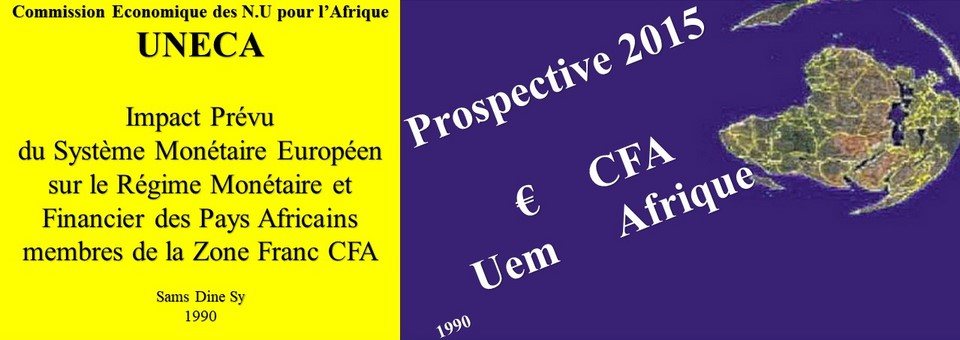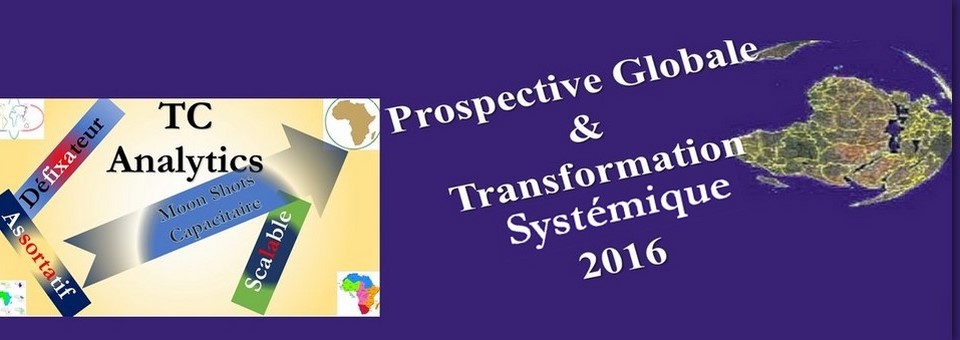Economic Research & Analysis Capacity
PTCI
Since 1996, the Interuniversity Postgraduate Programme has aimed to strengthen the capacities of the Faculties of Economics of French-speaking African countries in higher education at the DEA and Doctorate level in Economics and Management. The PTCI is designed by CIEREA and implemented by a Programme Directorate in partnership with the Category B Member Faculties which already have a 3rd Cycle for the benefit of Category A Faculties which do not yet have one.
The PTCI is justified by Africa's weak contribution to scientific production. Faced with the difficulties of setting up quality research and higher education courses in economics and management, it appeared imperative to fill the knowledge and skills gap. This observation, made in 1992, led CIERA, within the framework of its attributions, to initiate the PTCI in favour of the Faculties, through their respective training centres.
In its initial conception, the initiative was to provide three types of solutions to the crisis in higher education and economic research:
1. Harmonize and strengthen 1st and 2nd Cycle programs;
2. to create and develop centres of excellence for the 3rd Cycle;
3. promote research and strengthen existing scientific journals.
The intervention strategy of the programme is based on inter-university cooperation between the faculties of French-speaking African countries divided into faculties of rank B or rank A according to the existence or not of a postgraduate programme. Table 1 shows the evolution of the ICDP from Phase I to Phase II.
After two phases devoted to the implementation of the DEA and the Doctorate, the PTCI has become a large-scale programme with nearly 18 partner faculties and nearly 1500 students holding the DEA. At the same time, the needs of faculties and the demand for high-level economists are evolving at an increasing pace, in various directions and with considerable financial implications. Faculties expect the PTCI to provide services that meet the performance criteria of capacity building programs. During Phase II, PTCI supported the organization of the DEA and PhD through :
support for the development and delivery of the Common Basic Courses in the Faculties of Rank B for the 1st year of the DEA
support for the organisation of the CCCO at regional level for the 2nd year of the DEA;
support for students in category A faculties in the form of scholarships for half of the DEA's staff;
support for the doctoral thesis (ATD) awarded to 25 doctoral students in the Research Centres attached to four Faculties: CIRES of Abidjan, CREA of Dakar, CEDRES of Ouagadougou, LEA of Libreville and CEREG of Yaoundé ;
support for the organisation of teacher training seminars for trainers
support for scientific development through publication and EAD;
support for the visibility of the PTCI label.
To date, there has been no customized support in response to an individual request from a Faculty, Research Centre, Laboratory, student, teacher or organization that may use ICTP products.
Moreover, not all these supports have been implemented as planned and some have not started to be implemented. The basic needs of the Faculties have not been fully met. This is the case for the capacities of design, implementation and management of research programmes, pedagogical innovation, higher education, career management of Rang magistral teachers and scientific expertise.
The more specific needs, which became more acute in the first half of the 2000s, are still waiting for an initial response. This is the case of economic expertise to boost initiatives and programmes such as the MDGs, the AU, NEPAD, PACT, ECOWAS, ECCAS and the Regional Economic Programmes of WAEMU and CEMAC. This is also the case for modelling and impact assessment capabilities for countries' dependence on multiple hazards such as climate change, natural, environmental and human disasters, conflicts and crises.
During Phase III, the PTCI's regional added value will be materialized by its ability to meet a growing, diversified and costly demand for training and research. Hence the need to consolidate the achievements of the previous phases and to enhance the assets by making better use of opportunities for inter-university cooperation and partnership, the integration of postgraduate faculties and academic sourcing.
This Framework Paper proposes a new direction to improve the PTCI's ability to better meet demand over the 2006-2011 period. The challenge is the transformation of the DEA into an Interuniversity Master's degree to LMD standards and the implementation of the Doctoral Programme crowned by the Interuniversity PhD obtained after a 4-year course. This new programme structure is designed to help meet the challenges facing faculties, laboratories, research centres, students, doctoral students and teachers.
Phd & Master Economie Gestion
SYNOPSIS
SUMMARY
INTRODUCTION
1. FRAMEWORK OF THE STUDY
2. OVERVIEW TOGETHER
3. TERMS OF REFERENCE AND SCOPE OF THE STUDY
4. METHODOLOGY, SOURCES OF INFORMATION AND STRUCTURE OF THE DOCUMENT
CHAPTER II : CONCEPTUAL AND LOGICAL FRAMEWORK
1. CONCEPTUAL FRAMEWORK
2. LOGICAL FRAMEWORK
2.1 The results and impact chain
2.2 Vision, Mandate, Global Objective
2.3 Final Impact
2.4 Specific objectives
2.4 Results
2.5 Components and Programmes of Activities
2.6 Indicator System
2.7 Assumptions, Risks and Action Items
CHAPTER III : IMPLEMENTATION OF
1. PRINCIPLES OF IMPLEMENTATION
2. IMPLEMENTATION TOOLS 3
CHAPTER IV : THE PROGRAMMES : PURPOSE, STRUCTURE AND CONTENT
1. PTCI" INTER-UNIVERSITY MASTER'S TRAINING PROGRAMME
1.1 Purpose
1.2 Structure and organization
1.3 Content
1.4 Accompanying measures
2 INTERUNIVERSITY PH.D. "PTCI" TRAINING PROGRAM
2.1 Purpose
2.2 Structure, organization and content
2.4 Accompanying measures
3. TRAIN-THE-TRAINER PROGRAM
3.1 Purpose
3.2 Structure, organization and content
4. INSTITUTIONAL DEVELOPMENT PROGRAMME FOR FACULTIES AND RESEARCH CENTRES
4.1 Purpose
3.4.2 Structure, organization and content
4.2 Accompanying measures
5. CCIP GOVERNANCE AND MANAGEMENT CAPACITY BUILDING PROGRAMME
5.1 Purpose
5.2. tStructure and organisation
5.3 Content
5.4 Management of resources allocated to Faculties
5.5 Organization Chart
6. PROGRAMME TO STRENGTHEN THE ROLE OF CIEREA: LEADERSHIP AND EXCELLENCE IN HIGHER EDUCATION IN ECONOMICS AND MANAGEMENT
6.1 Purpose
6.2 Structure and organization
6.3 Accompanying measures
CHAPTER V. INDICATORS AND ANNUAL PERFORMANCE PLAN
1. QUANTITATIVE AND QUALITATIVE INDICATORS
1.1 Quantitative indicators
1.2 Qualitative indicators
2. CONTRIBUTION OF STAKEHOLDERS TO OVERALL PERFORMANCE
CHAPTER VI : BUDGET
1. OVERVIEW TOGETHER
2. BASIC DATA
1.1 Master Program
1.2 Doctoral PhD Program
1.3 Train the Trainer Programme
1.4 Institutional Faculty Development
1.5 Strengthening CIEREA's Leadership Role
1.6 Governance and Management
3. PROGRAMME BUDGET: INSTITUTIONAL DEVELOPMENT OF FACULTIES
4. MASTER PROGRAMME BUDGET
5. DOCTORAL PROGRAM BUDGET
6. TRAIN-THE-TRAINER PROGRAM BUDGET
7. GOVERNANCE AND MANAGEMENT PROGRAMME BUDGET
7. PROGRAM BUDGET STRENGTHENING CIEREA'S LEADERSHIP ROLE
ANNEX I :
PTCI STATUS ON THE EVE OF PHASE III
1. THE PTCI LEGAL AND INSTITUTIONAL FRAMEWORK
1.1 The legal framework
1.2 The institutional framework
1.3 The PTCI Directorate
2. TRAINING AND RESEARCH CAPABILITIES
2.1 Training capacity
2.2 Research Capacity and Publications
3. INFRASTRUCTURES, NETWORKS AND THE INFORMATION AND MANAGEMENT SYSTEM
3.1 Documentation
3.2 Networks
3.4 Management and information systems
3.5 Current and Past DRC Support
3.6 Consistency between the vision and available capacities
3.7 Financial autonomy.
ANNEX II:
PERFORMANCE EVALUATION AND INSTITUTIONAL PROFILE OF TCIP
1. PERFORMANCE GRID AND RATING
1.1 Performance Grid
1.2 Rating and institutional profile
2. RESULTS AND IMPACT MANAGEMENT
3. A SYSTEM FOR ANALYSING SCIENTIFIC POLICY AND DESIGNING COOPERATION AND PARTNERSHIP PROGRAMMES
4. CAPACITY TO IMPLEMENT AND OPERATIONALIZE PROGRAMMES
5. GOVERNANCE, LEADERSHIP AND TRUST
6. OVERALL ASSESSMENT OF TCIP PERFORMANCE
ANNEX III :
NEEDS TO MEET MAJOR CHALLENGES
1. NEEDS TO CONSOLIDATE THE AA AND DOCTORATE IN THE PERSPECTIVE OF THE LMD
1.1 AED
1.2 DOCTORAL PROGRAM
2. NEEDS TO IMPROVE RESEARCH, ANALYSIS AND DESIGN CAPACITY
2.1 The rapid evolution of the discipline and the risk of disaffiliation
2.2 The need to make better use of Faculty resources in developing the knowledge base
3. NEEDS TO COPE WITH CHANGES IN THE TCIP ENVIRONMENT
3.1 Changes in the PTCI environment
3.2 Implications
ANNEX IV :
RECOMMENDATIONS
1. RECOMMENDATIONS FOR PHASE III PROGRAM DESIGN
1. RECOMMENDATIONS FOR PARTNERS
2. RECOMMENDATIONS TO FACULTIES
3. RECOMMENDATIONS TO THE PTCI BOARD OF DIRECTORS
4. RECOMMENDATIONS TO THE CIEREA EXECUTIVE BOARD
